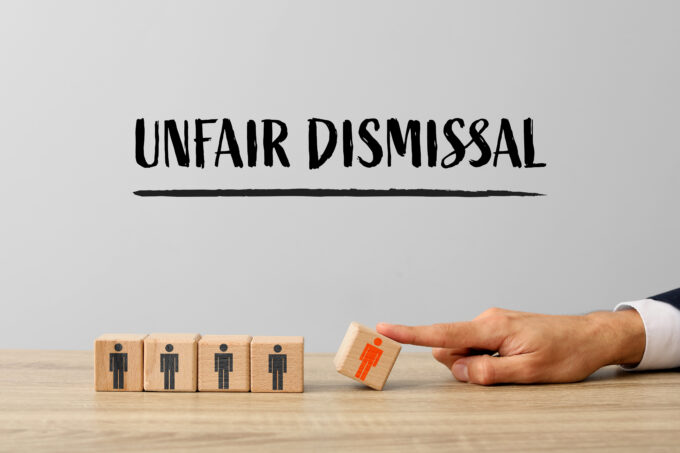Work Health and Safety Act 2011 (NSW)
In states and territories that have adopted the model work health and safety legislation such as NSW, where the Work Health and Safety Act 2011 (NSW) (‘the Act’) operates, there is an obligation upon employers to ensure so far as is reasonably practicable the health and safety of all workers and other persons who may be put at risk at a workplace. This obligation falls upon employers as a Person Conducting a Business or Undertaking (‘PCBU’) are considered the primary duty holder under the legislation.
It may well be regarded by regulators, that the introduction of a workplace mandatory vaccine policy would be considered a reasonably practicable measure to be taken by a PCBU to ensure a safe workplace.
When evaluating what is reasonably practicable when managing a risk such as COVID-19, factors considered include, but are not limited to:
Cost
Cost is considered when evaluating what is reasonably practicable, and as the cost of the vaccine is being met by the Federal Government this would give weight to the argument that a direction to receive the vaccine is reasonable.
Nature of Work
The nature of the business in terms of a worker’s exposure to the risk of contracting COVID-19 is also considered, such as the health and aged care sectors where it is now mandatory for those employed in the residential aged care sector to be vaccinated by mid-September.
Own Safety
Workers also have obligations under the Act to take reasonable care for their own safety and that their acts or omissions do not adversely affect the health and safety of other persons.
Reasonable Instructions
Workers are also required to comply so far as they are reasonably able with any reasonable instruction given to them by a PCBU /their employer and to cooperate with any reasonable policy.
A failure by a worker to follow a mandatory vaccination policy could arguably put themselves at risk of a breach and prosecution under the Act.
























